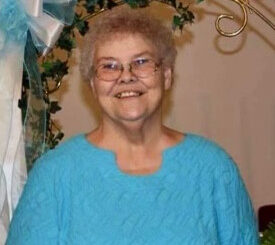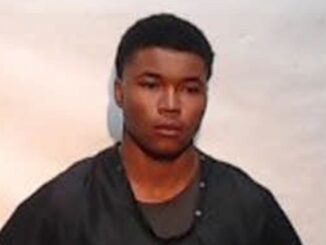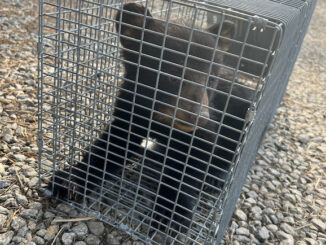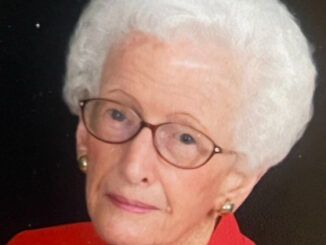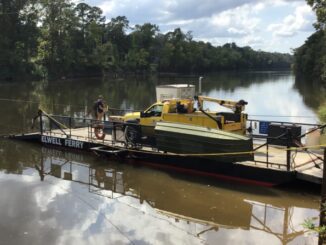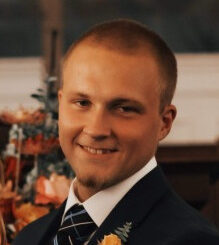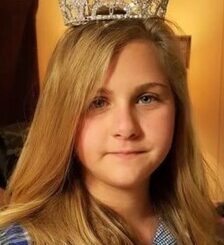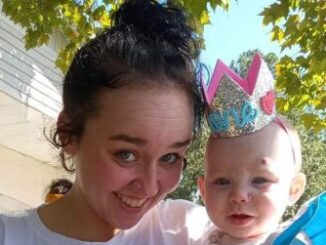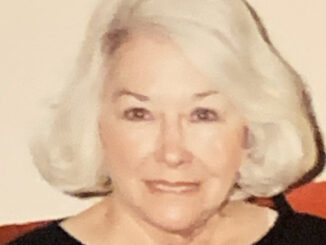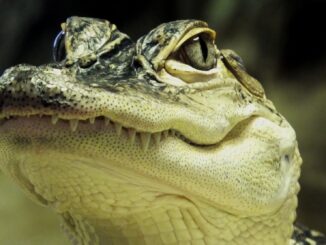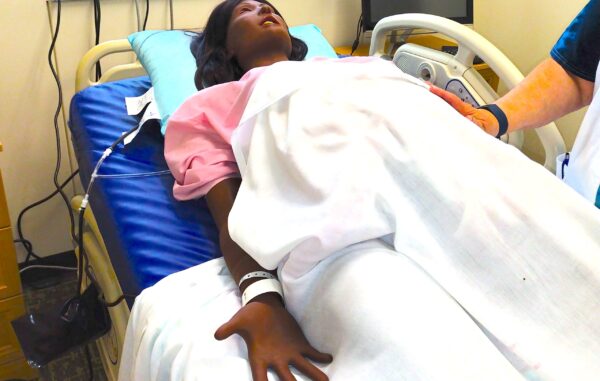
Southeastern Community College offers a nursing program that provides their students with the training and knowledge to rival any major medical university.
The lifelike simulation lab above the Nesmith Student Center offers hands-on experience with ever changing scenarios in a dynamic environment.
The department comes complete with manikins (not to be confused with clothing mannequins), that can have CPR and other lifesaving measures performed on them. Manikens have articulated joints and other features to make training more realistic.
The vision of creating a simulation hospital come from the project administrator Gail Auten. At first, the department only had one manikin in a small confined area. Auten’s ideas grew as she visited other sites, and she knew everything had to be as real as possible to help students look at the training modules as if they were actual people.
To secure the funds to make the hospital happen, Auten applied for the Golden LEAF Community-Based Grant Initiative. Her efforts were rewarded with $500,000 from the foundation.
“Retired Director of Nursing Al West, former Vice President of Academic Affairs Michael Ayers, and the former Director of Nursing Kim Fine supported the vision,” said Auten. “Once funding was approved, Dr. English and the leadership team met and mapped out what needed to occur.”
Funds from the college renovated the rooms above Nesmith, turning them into a simulated hospital setting, and expanding the space. SCC’s EMS coordinator and supervisors from Columbus Regional Healthcare were also included so others could utilize a shared space, create ability to network, and allow students and personnel to work in an interdisciplinary environment.
“New hospital beds, a KB Port medication dispensing system, charting mobile carts, resuscitation carts, a learning space recording system, and other equipment were also purchased with the funding to create as real of an environment as possible,” Auten explained.
From 2011-2018, Auten only had one manikin, a CAE IStan High-Fidelity known as Stan. Stan and his Muse software were purchased with a Perkins Grant and nursing funds.
After the renovation, CAE Juno and Ares, two Laerdal Nursing Inc. manikins, joined the family as well as CAE Lucina High-Fidelity and Super Tory, a High-Fidelity Infant. High-Fidelity Pediatric Hal completed the simulation hospital’s list of patients.
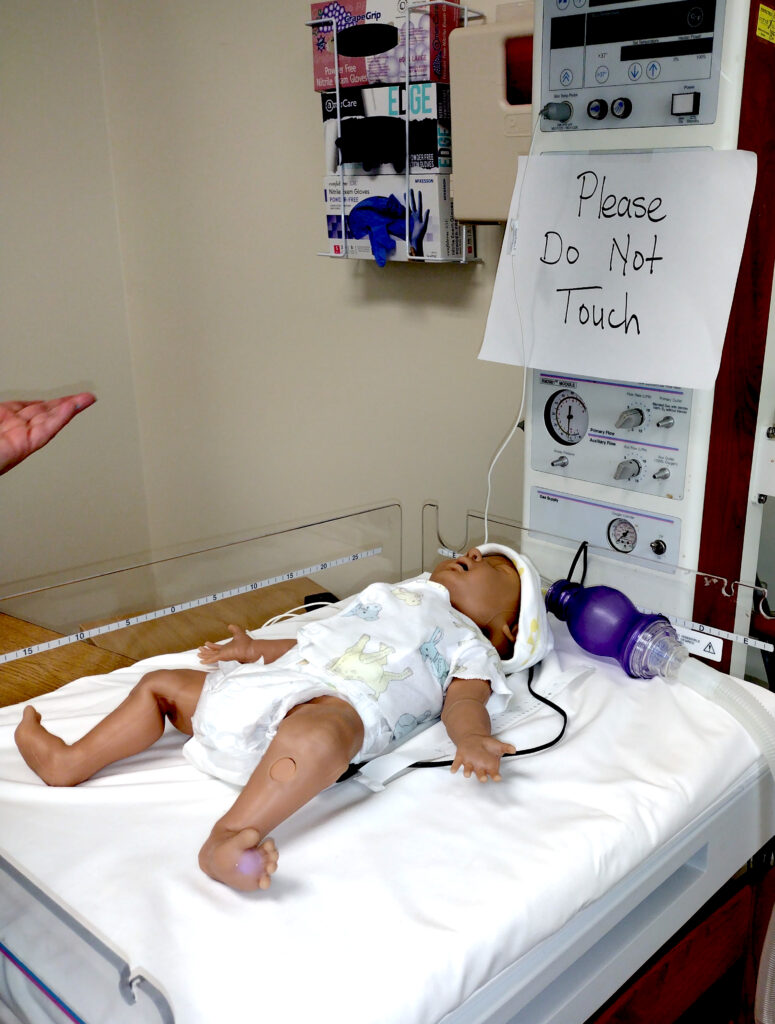
All the manikins can have moulage to recreate wounds, and are also designed to receive CPR and other advanced life saving measures. All have chest movement with breathing and pulses, heart, lung, and bowel sounds, and their pupils respond to light. Ares and Lucina even have LED lights that can appear bloodshot, jaundiced, have a hemorrhage in one or both eyes, and have pupil abnormalities.
Lucina is also unique because she can go into labor and give birth to an infant and placenta as well.
During labor, contractions can be felt on the abdomen and seen on her monitor that show not only her vital signs, but the infant’s as well. Strength and duration of the contractions are displayed just as they would be in an actual birth. She can be programmed as a pregnant female, a post-delivery female, or a female patient who is not pregnant and has medical problems.
Tory and Hal provide students the chance to work with infants and children.
Tory moves her arms and legs, coos, smacks her lips, cries, has seizures, experiences withdrawal symptoms, and has a soft spot that can be normal or abnormal.
Hal moves his eyes right to left, can follow a finger, has eye conditions, can turn his head right and left, show emotions, and cry tears. Both of the manikins can have skin color changes depicting lack of oxygen, fever, or jaundice.
The lab is designed to recreate the physical and mental experiences that nursing staff go through on a daily basis.
The nursing courses at SCC include a Practical Nursing diploma and an associate’s degree of Nursing. The simulation lab is also used by hospital educators for advanced training for their staff as well as continuing education classes for EMS.
For more information about the nursing, phlebotomy, or medical laboratory technology programs at Southeastern Community College, please contact Admissions at 910.788.6279, or visit www.sccnc.edu.





